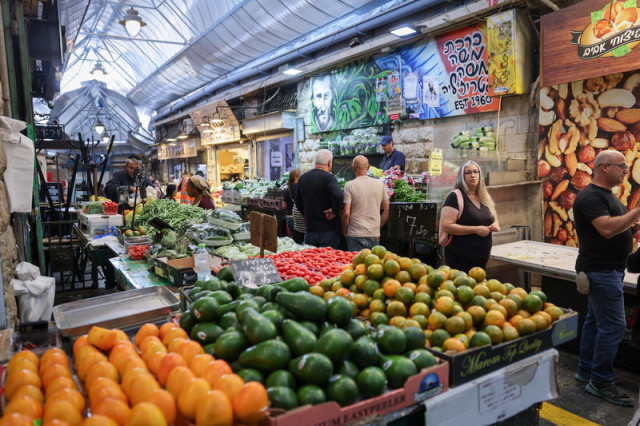Nearly one million children in Israel don’t know when their next meal will come

The National Insurance Institute’s 2024 Food Security Report, published this Thursday, shows that more than a quarter of households in Israel live with food insecurity — a total of 2.8 million people, about one million of whom are children.
According to the findings, about a quarter of households (26.5%) reported a lack of access and an inability to purchase healthy food. Food insecurity is particularly prevalent in the Arab community (58%), the Haredi community (25%), and in the geographic periphery.
The share of families in Israel living with food insecurity has decreased compared to last year – from 30.8% in 2023 to 27.2% in 2024. However, the gaps remain deep, and the implications for the economy include reduced productivity, increased healthcare costs, and added pressure on the welfare budget.
The report points to a direct link between income level and food security: in the lowest income quintile, nearly half of households (47.6%) experienced food insecurity, compared to just 9.5% in the highest quintile.
Among its recommendations, the report calls for the formation of a national plan to reduce food insecurity. This would include increasing budgets for direct assistance (food vouchers) alongside oversight and monitoring of food quality – as well as expanding school meal programs in disadvantaged areas.

Michal Wasserman is a KAN 11 News correspondent.
You might also like to read this:

















